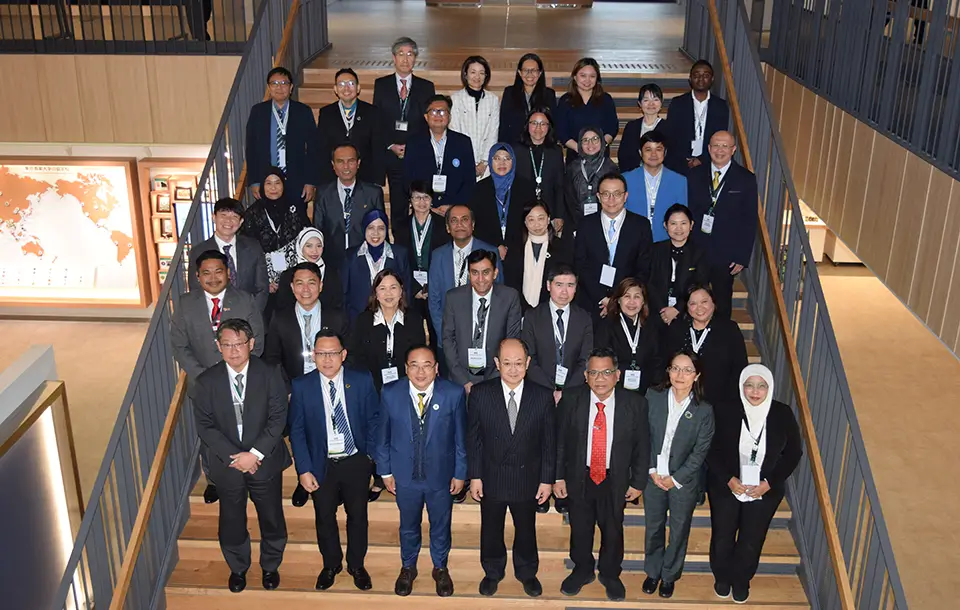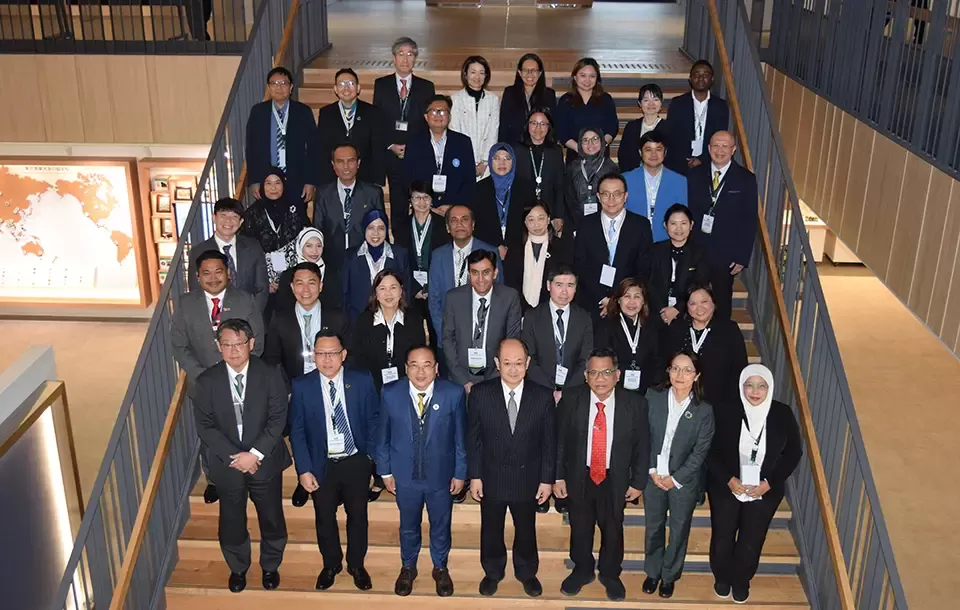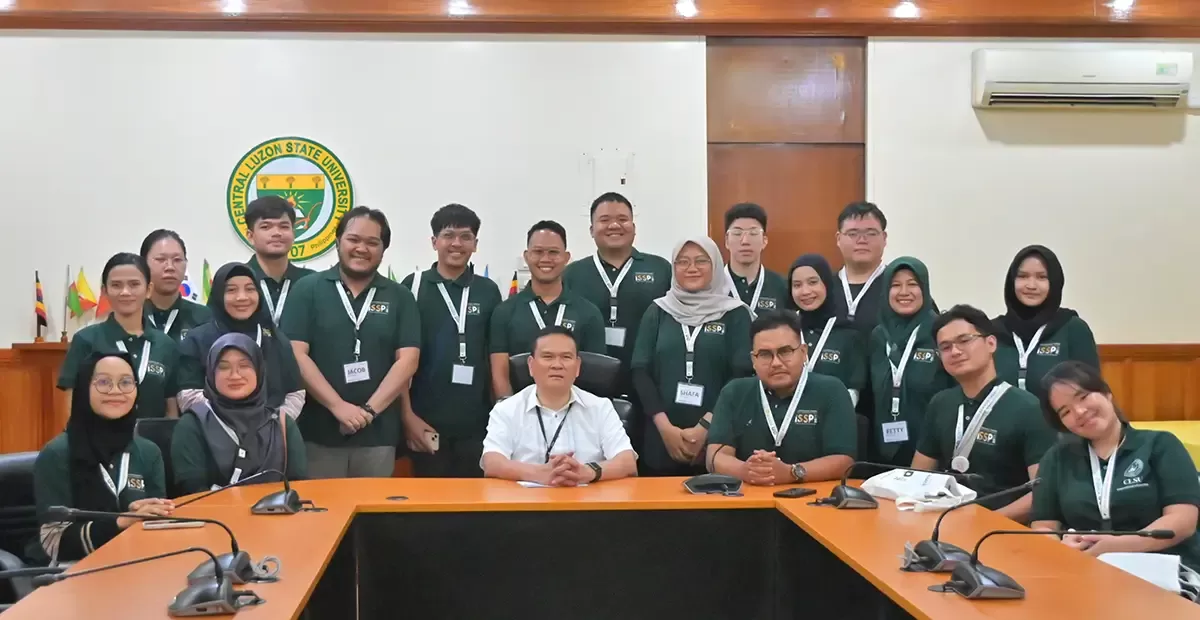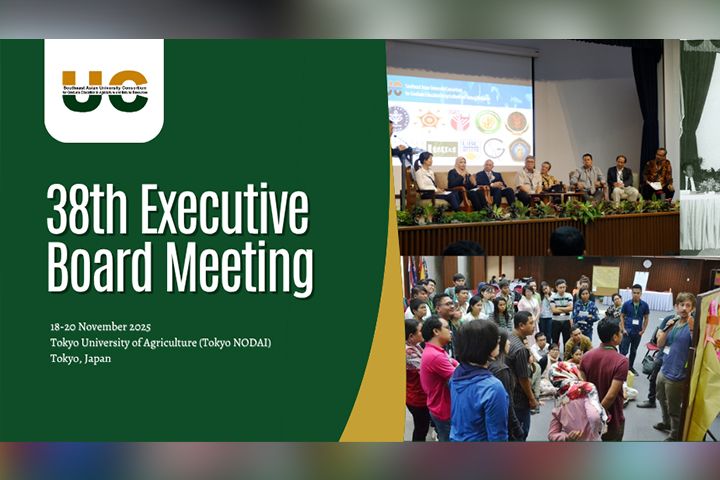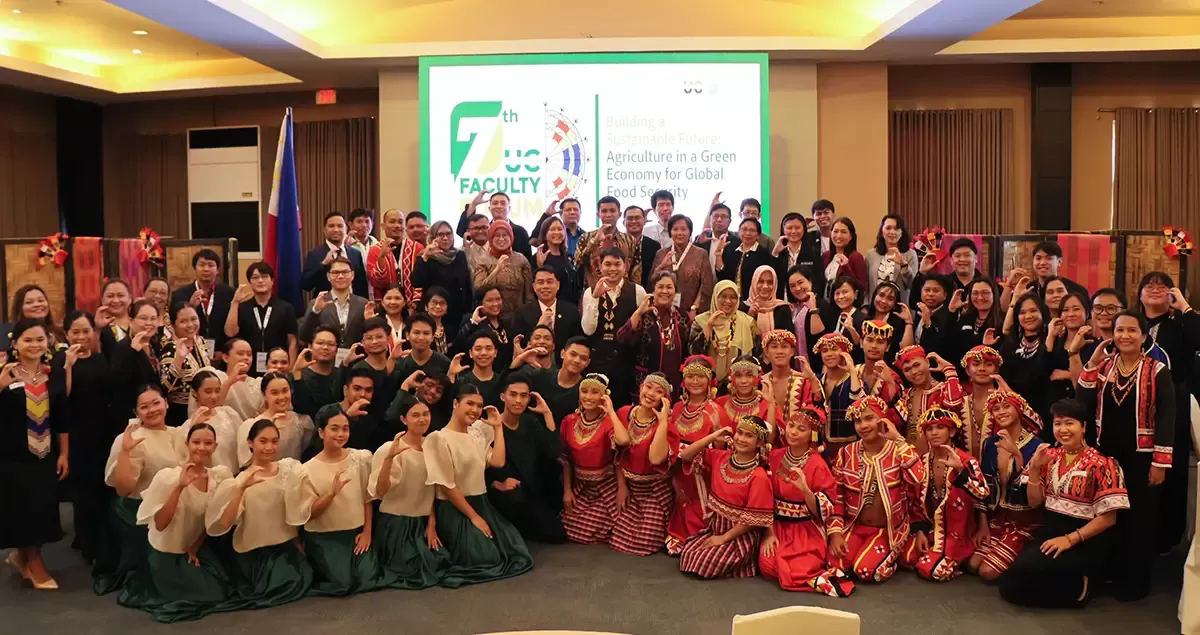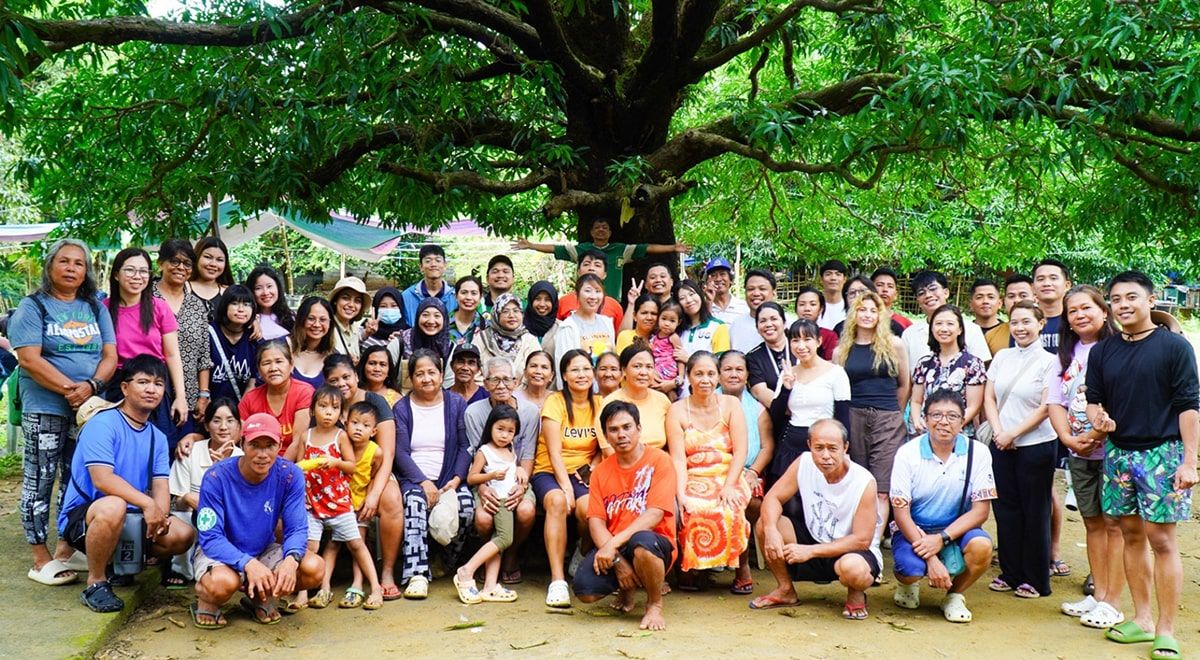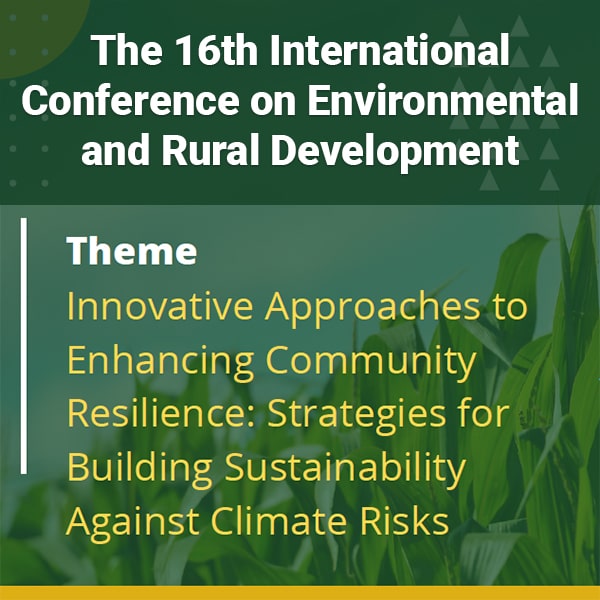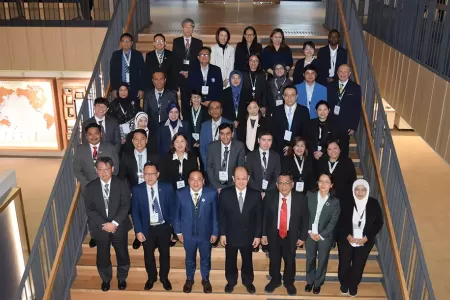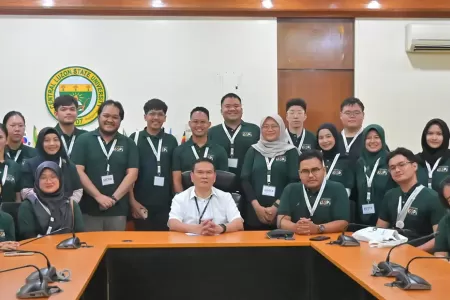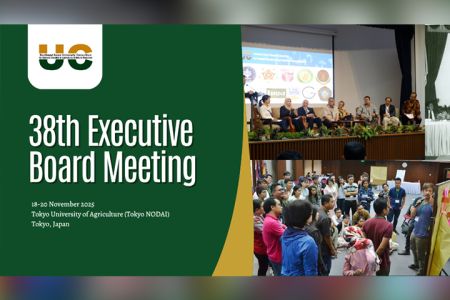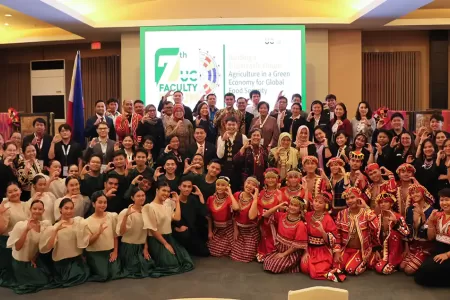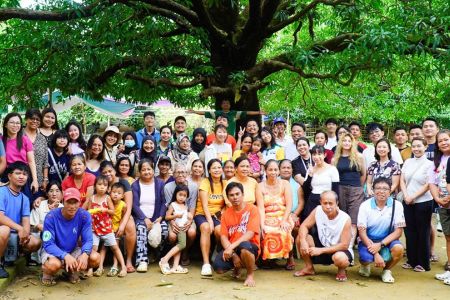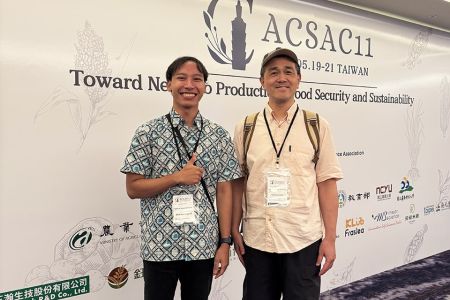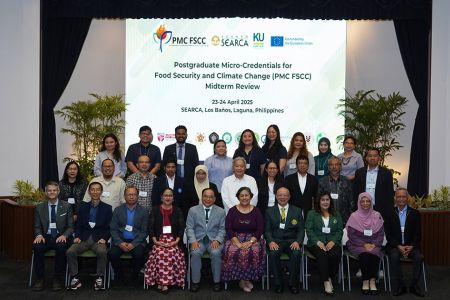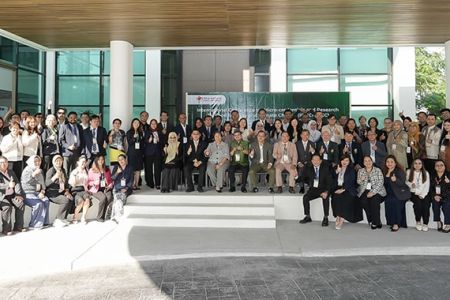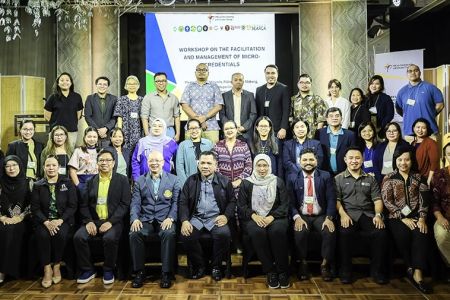Strengthening regional collaboration at 38th UC Executive Board Meeting
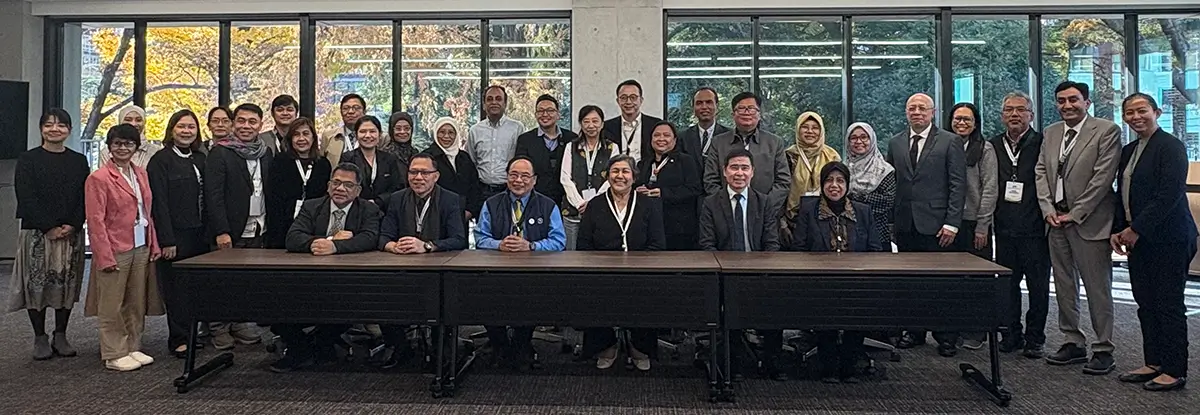
TOKYO, Japan—The Southeast Asian University Consortium for Graduate Education in Agriculture and Natural Resources (UC) convened its 38th Executive Board Meeting on 18–20 November 2025 at Tokyo University of Agriculture (Tokyo NODAI) in Japan. The gathering brought together 26 Executive Board members and 11 other university officers and staff from 15 institutions across Southeast Asia, Canada, Japan, and Taiwan.
During the opening ceremony, Tokyo NODAI President Prof. Dr. Fumio Eguchi warmly welcomed the delegates while Prof. Dr. Machito Mihara, Vice President for International Affairs, met with the highest officials of UC member institutions to explore avenues for deepened academic and research collaboration.
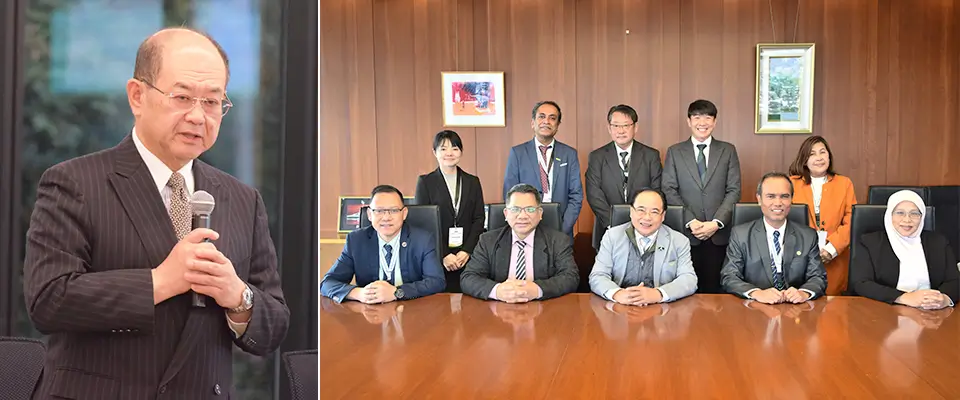
Represented at the meeting were regular UC members, including Universitas Gadjah Mada, IPB University, and Universitas Brawijaya in Indonesia; Universiti Putra Malaysia (UPM); Kasetsart University and Maejo University (MJU) in Thailand; and Central Luzon State University, Visayas State University, and the University of the Philippines Los Baños in the Philippines. Representatives of associate members Tokyo NODAI and National Taiwan University (NTU) were also present, along with those from affiliate members Dalhousie University and University of Alberta in Canada. A significant milestone of the meeting was the elevation of Central Mindanao University to regular consortium membership from its former affiliate status.
The event also marked the renewal of the Memorandum of Understanding between SEARCA and NTU, which reaffirms their long-standing partnership and shared commitment to advancing graduate education, research, and academic exchanges. SEARCA, serving as the UC Secretariat, was represented by Dr. Mercedita Sombilla, Center Director and UC Chief Executive Officer; Dr. Nur Azura binti Adam, Deputy Director for Programs and UC Executive Officer; and Dr. Maria Cristeta Cuaresma, Senior Program Head for the Education and Collective Learning Department and UC Coordinator.
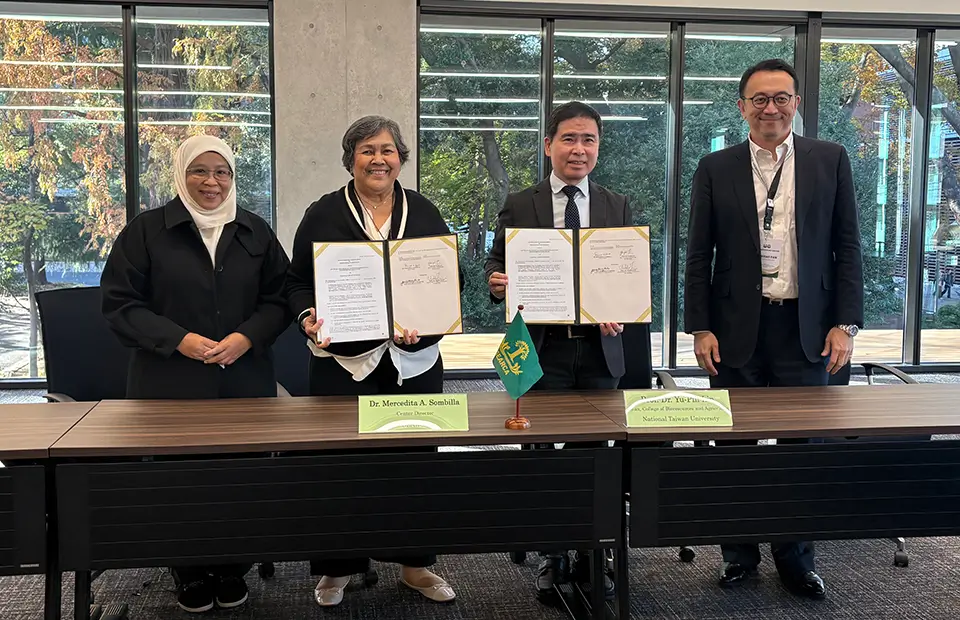
Discussions throughout the meeting covered institutional reports, updates on the ERASMUS+ Postgraduate Micro-Credentials for Food Security and Climate Change (PMC FSCC) project, the membership application of Mariano Marcos State University (MMSU), and planning for the consortium's 2026 budget and major activities. The Board confirmed the slate of UC activities for 2026, including the 39th UC Executive Board Meeting and the 10th UC Summer School both to be hosted by IPB University; the 11th UC Graduate Forum to be hosted by UPM; and the 8th UC Faculty Forum to be hosted by MJU. The UC also officially welcomed MMSU as a new affiliate member, bringing the consortium to a total of 18 member institutions.
Other major developments shared during the meeting were the progress of the approval process for the MSc Food Security and Climate Change program under an ERASMUS+ 2016–2019 project, with UPM announcing that it has already secured approval from the Ministry of Higher Education and has opened applications for prospective students.
Regarding the ongoing PMC FSCC project, MJU reported securing university approval to offer all five micro-credentials. Members further discussed strategies to sustain the program beyond the project's lifetime, including maximizing each institution's learning management system, developing a collective plan to ensure long-term continuity while respecting the intellectual property rights of the module writers. The UC will continue deliberating mechanisms for sustaining the PMC FSCC program after the project concludes, reinforcing the consortium's commitment to collaborative graduate education and capacity building in the region.
